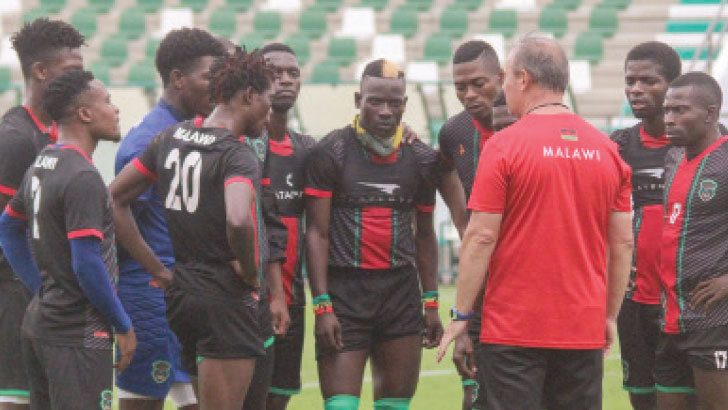Sports can play an effective role in the fight against HIV/Aids by providing a popular site for preventative education. There are several characteristics of sport which can contribute to HIV/Aids awareness as part of comprehensive ways to fight HIV/Aids.
Sports and games in Malawi can be used to raise awareness about HIV/Aids prevention measures to minimize the risk of contracting the virus. Sporting activities can be used as a method of mobilizing youth, women and at-risk target groups for health promotion, prevention and education. Most sporting activities are attended by the youths who are, of recent at high risk of new HIV/Aids infections. Discussing HIV/Aids through sport and games allows young people to learn about steps they can take to protect themselves from this disease and to avoid risky behaviour.
The role of sports coaches as role models and mentors has proved an important component of HIV/Aids prevention programmes using sport. These coaches can also be peers to other young people of a similar age, with whom building relationships of trust can be easier. Most young people are scared of discussing their sexual life with their parents. For Malawian culture, that is regarded as a taboo. Finding someone that can be trusted can go a long way for the young population to be able to openly discuss about their sexual life which can result into them getting the right advice on sexual life and making right decisions about the right preventive mechanisms more conducive to them.
Increased women participation in sports has been attributed to low HIV infections among women. Women participating in sporting activities allows them to build their self-esteem which translates into being able to make right decisions about their own health which includes being able to practice and advocate for safe sex.
It is worth mentioning that there is no risk of HIV transmission through sport unless blood from a person with HIV is able to enter an open, bleeding wound of an HIV-negative person. HIV can also not be transmitted through sweat. This, therefore, makes sporting activities very safe for people with HIV/Aids. However, it is the responsibility of the athletes to take upon themselves to know their HIV status as this might affect their sports participation later in life.
The awareness campaigns on HIV/Aids in Malawi have drastically reduced in recent years with focus on other emerging issues such as the corona virus and other non-communicable diseases. However, HIV/Aids is still the leading cause of mortality in Malawi calling upon all the stakeholders involved to rekindle the activities that are geared towards spreading the messages of HIV prevention and treatment during all sporting activities that continue to take place in Malawi. There still exists a lot of stigma and discrimination towards people living with HIV/Aids in our communities. Sports should still be used to address the social impact of the disease on individuals and communities as well. Promote the social integration of HIV positive individuals into the community through sport and physical activity. There is also great evidence indicating that involvement in sport may help to slow down the disease in individuals who are HIV-positive
The post Tackling HIV/Aids through Sports appeared first on The Nation Online.
 Moni Malawi
Moni Malawi 
